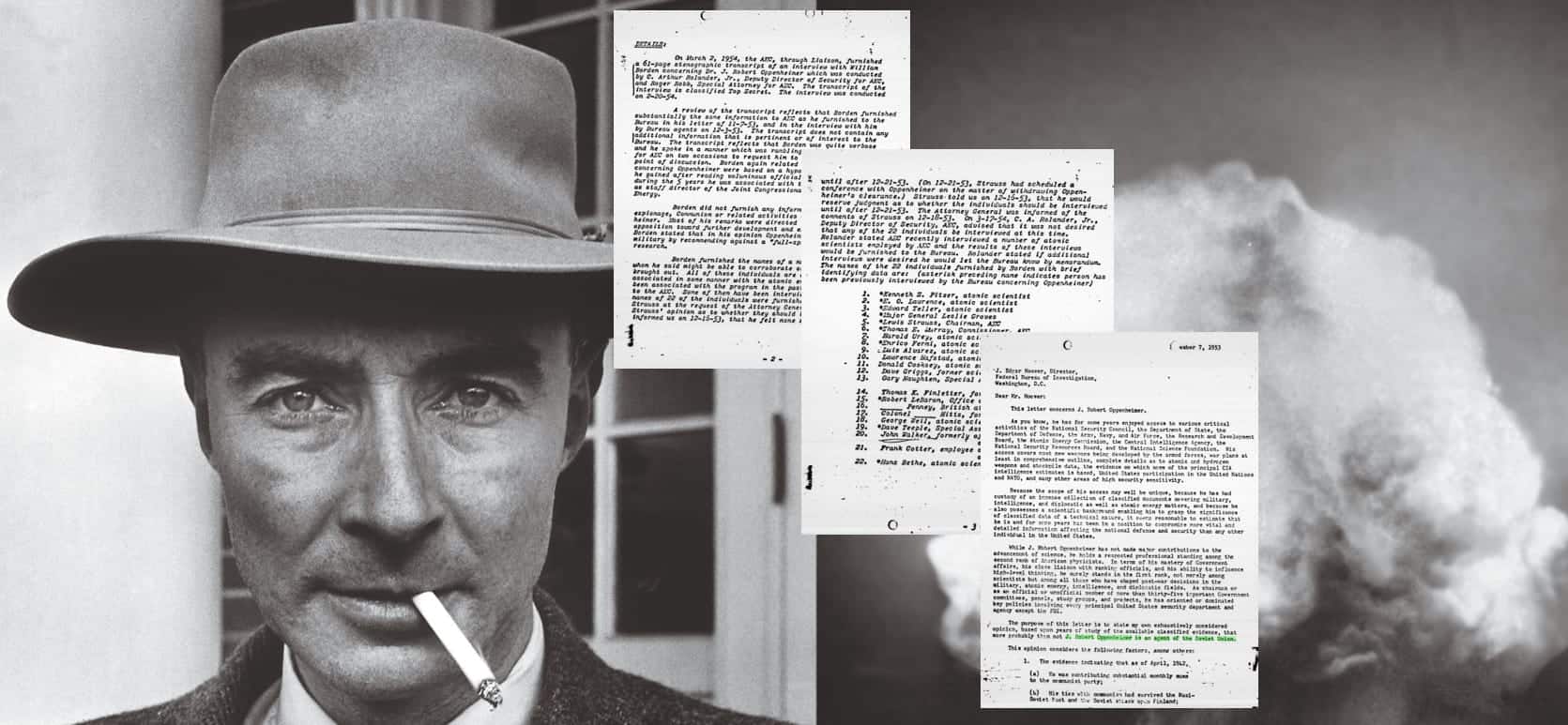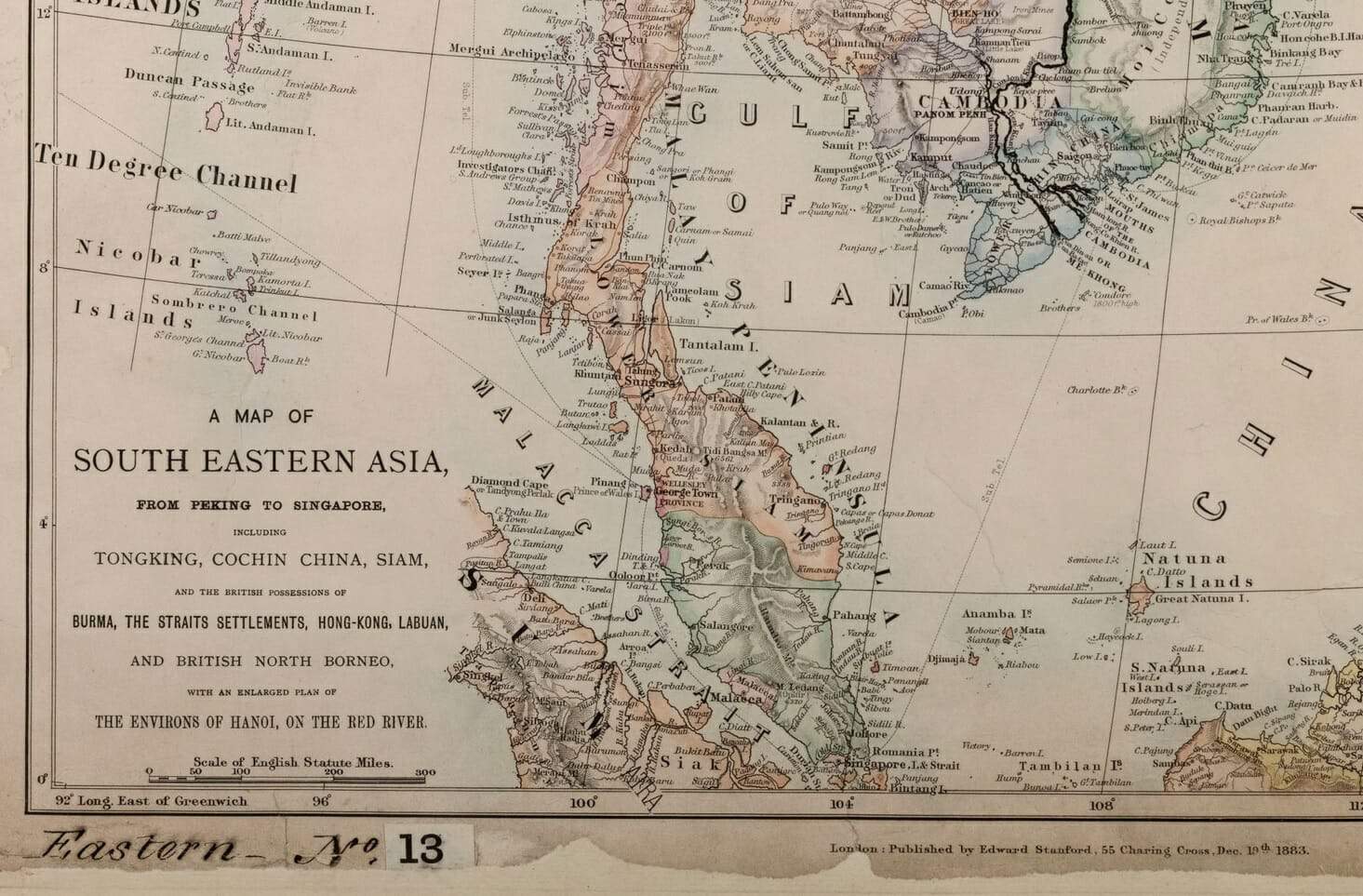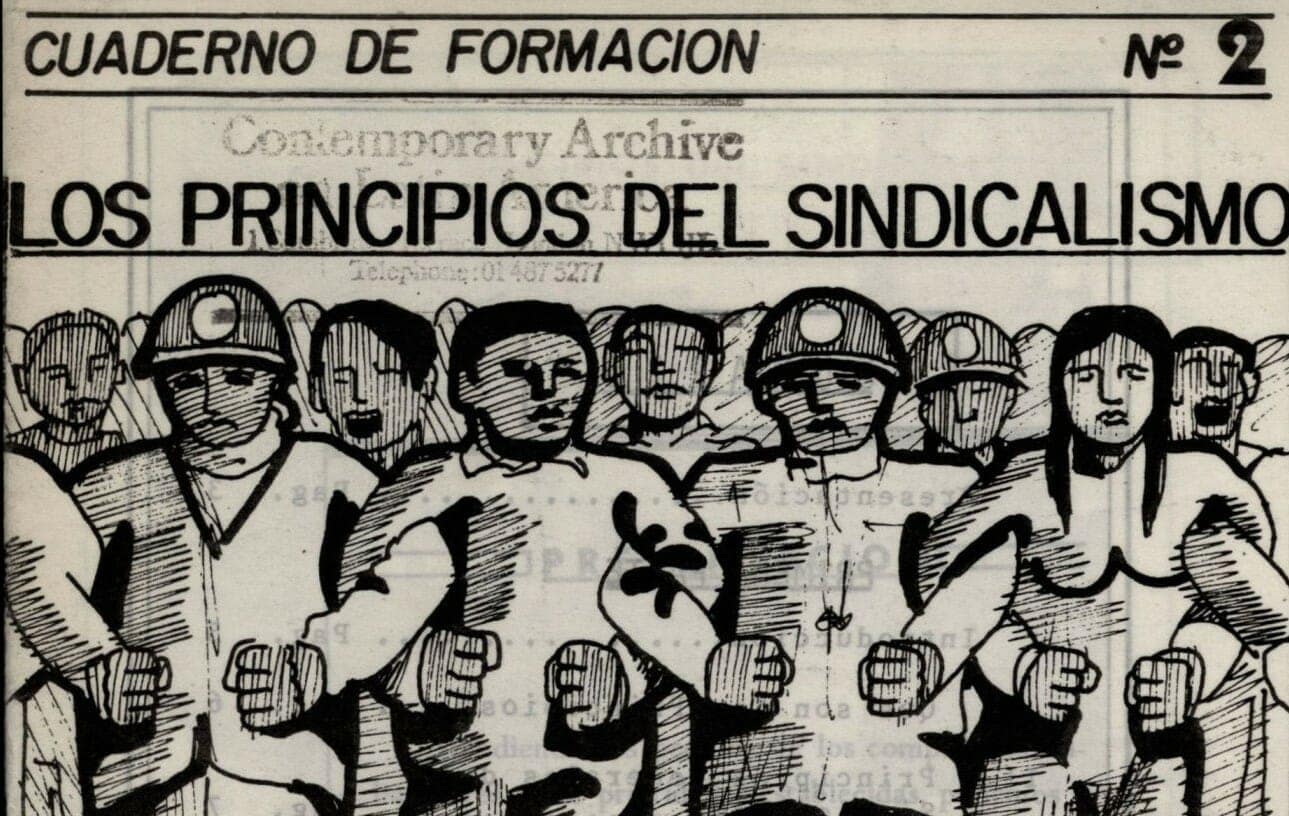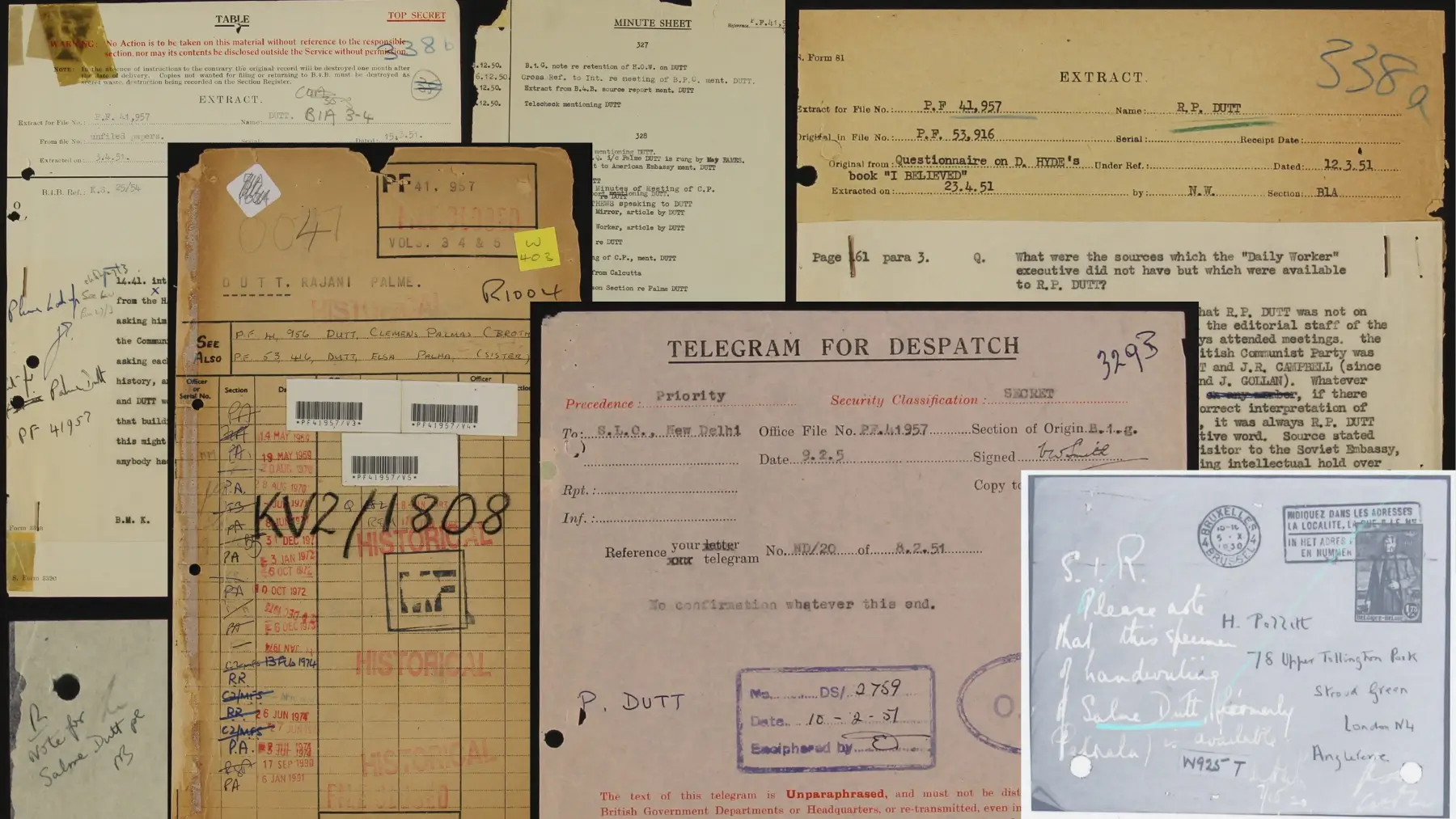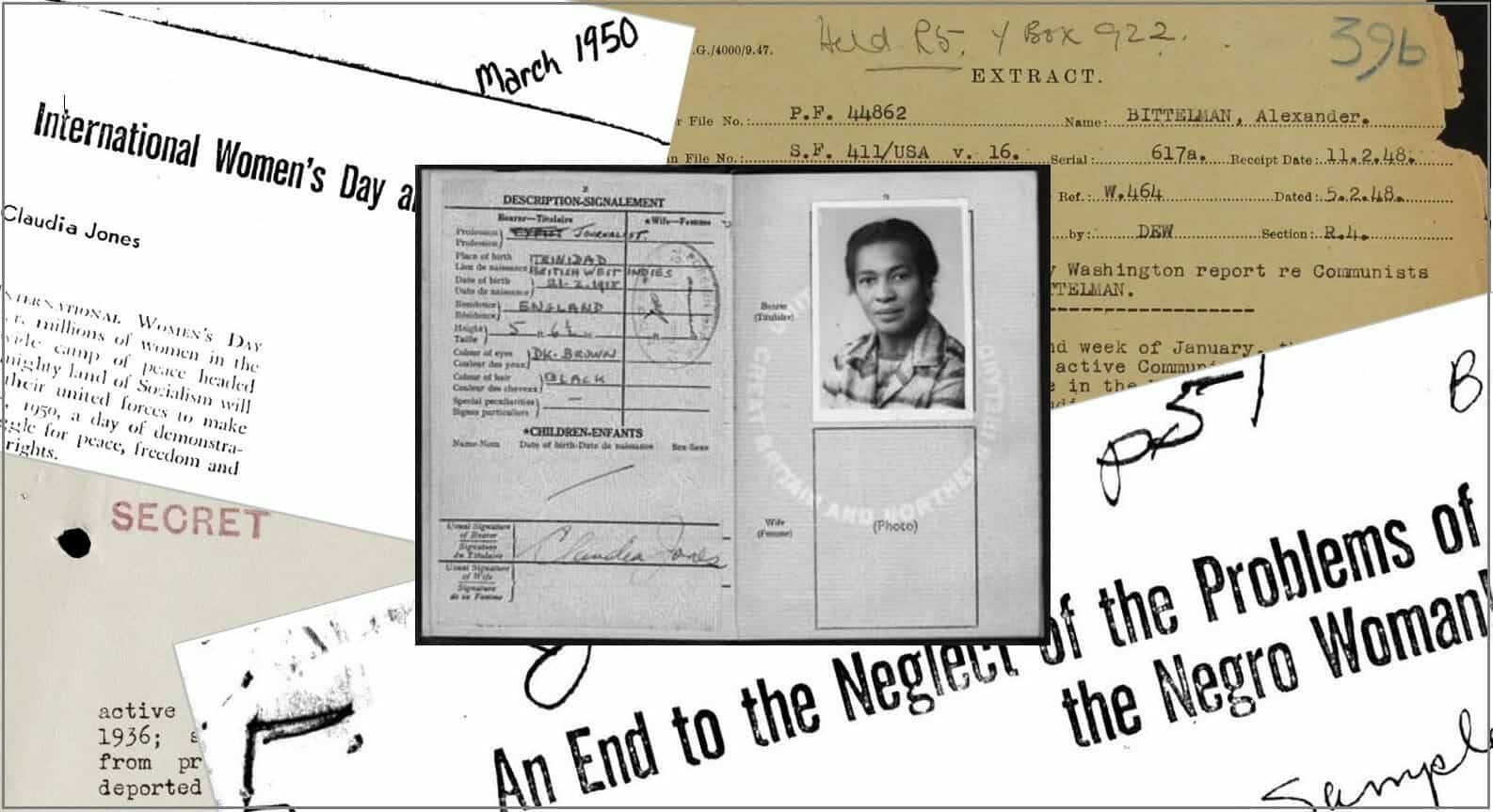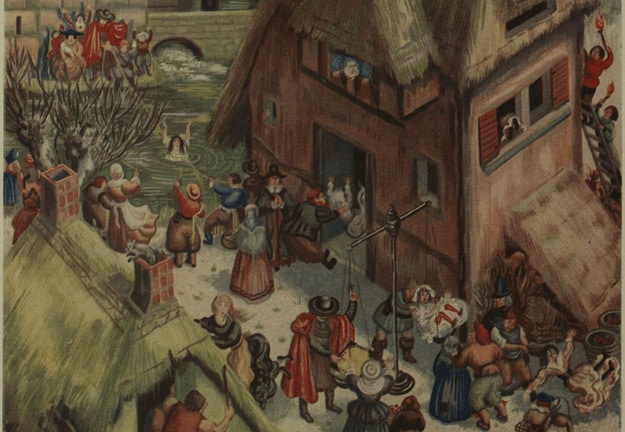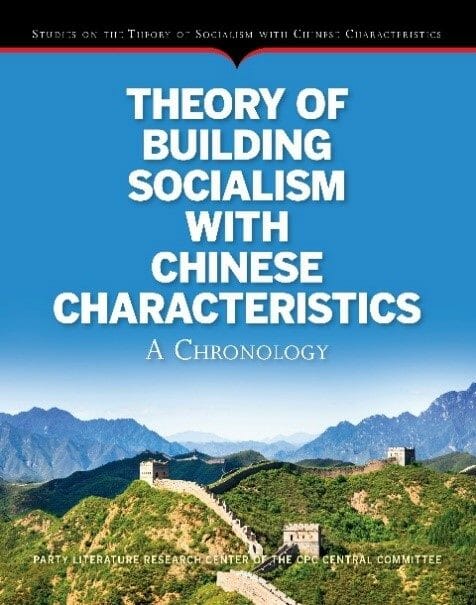│By Lindsay Whitaker-Guest, Associate Editor, Gale Primary Sources│
This year, the global population of forcibly displaced and stateless people has grown to 130.8 million according to figures released by UNHCR. Existing global conflicts such as the war in Ukraine and the Israel-Gaza conflict, as well as environmental and climate disasters, are all contributing to the increasing numbers of people without homes to call their own.
Sadly, these journeys of displacement are not new. Population displacement is a fact of human history, and scholars and researchers can explore episodes in the twentieth century of refugee crises through primary sources in the latest module of Refugees, Relief and Resettlement. This post explores the primary source collections included in this new module and how editors at Gale Primary Sources approach turning poorly catalogued collections into fully searchable digital archive products.


